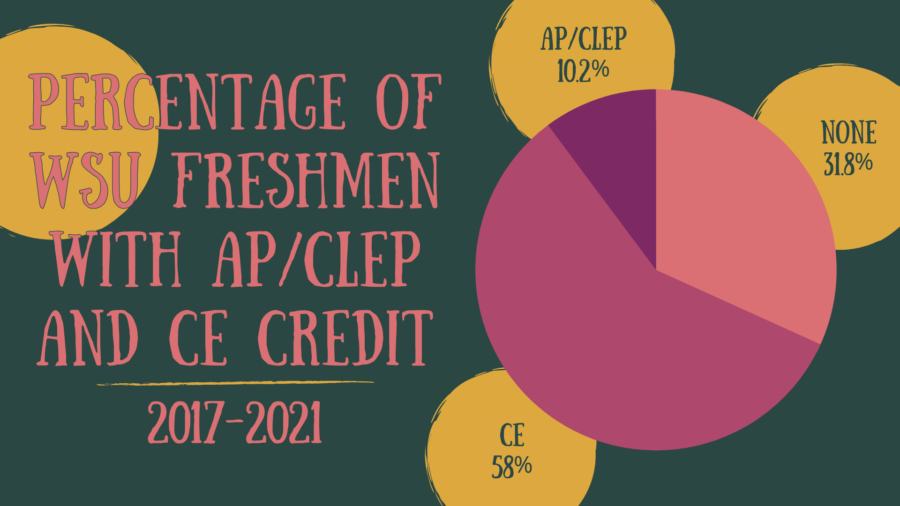Discussing the opioid addiction sweeping the country and Utah was the priority last week during Weber State University’s second annual Opioid Awareness Week.

“This is a problem that is not going away,” Administrative Specialist for the Neuroscience and WGS Programs at WSU Roe Schoof said.
Opioid Awareness Week was made possible again this year through the proper use of technology like Zoom. A great deal of energy and effort went into making sure that WSU was able to maintain the momentum of educating the campus community as well as the public.
“Guest speakers add to the wealth of information that is presented,” Schoof said. “Last year, the College of Health Professions was instrumental in planning and supporting many of the events.”
This year saw a Naloxone training by Jennifer Plumb, medical director from Utah Naloxone. Naloxone is a medicine that can reverse the effects of an opioid overdose, and over 60 virtual attendees showed up for that virtual event.
The Neuroscience Club also posted information regarding Opioid Awareness Week via social media platforms to raise awareness of events being held, and how and when to tune-in and see what resources are available.
Opioid Awareness Week also featured information about how habits and other addictions work — not all that takes place is related to opioids — although our country is in the middle of an opioid crisis and a viral pandemic.
The week brought specialists such as Dr. Judson Brewer, addiction psychiatrist, mindfulness and behavior change researcher, to do a webinar on Oct. 23 over Zoom. Brewer’s work has been featured in 60 Minutes, Time Magazine and TED.
“The deaths from opioid overdoses we’re seeing have surpassed the deaths per year of the HIV epidemic at its peak,” Brewer said.
Aminda O’Hare, director of neuroscience at WSU, reached out to Brewer because, while he might not be a specialist in opioid dependency, he has a different approach to addictions and how to break them.
He spoke about the uses of mindfulness when it comes to addiction cycles, as well as how we get into them and how to get out of them.
“I wish that I had developed these skills when I was a student,” Brewer said. “They would have helped me navigate stressful situations with much more healthy responses.”
The second annual Opioid Awareness Week worked through the restrictions of the COVID-19 pandemic through leveraging of technology to allow safe communication, and the organizers’ plan on continuing to do the same in upcoming years.
“Through the club members’ connections to the community and their commitment to reach out through social media, they have contributed immensely to make this week not only possible, but very successful,” Schoof said.




















